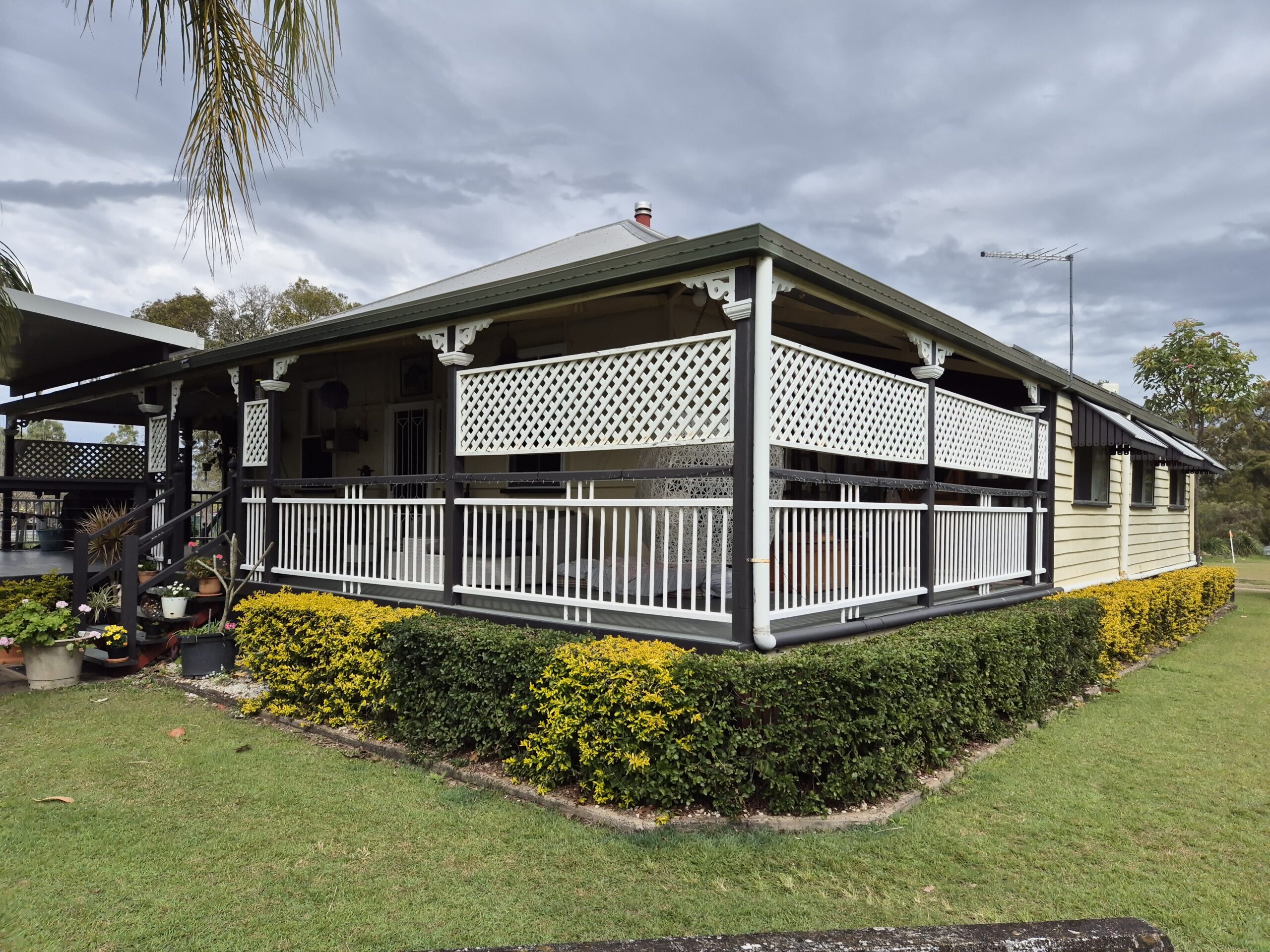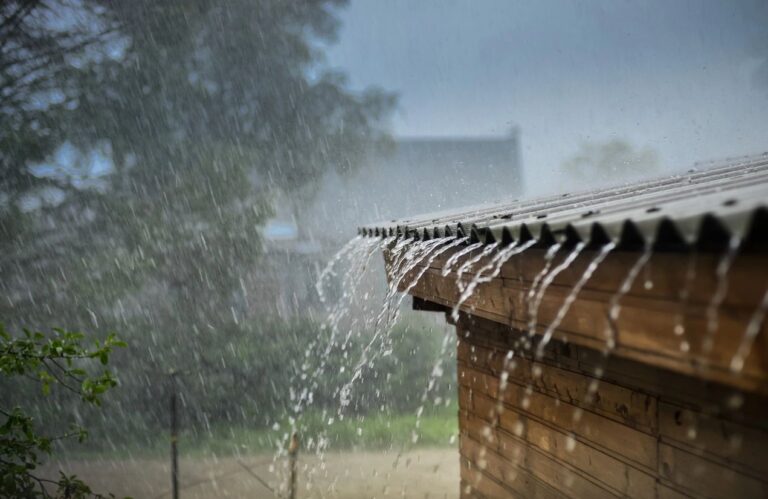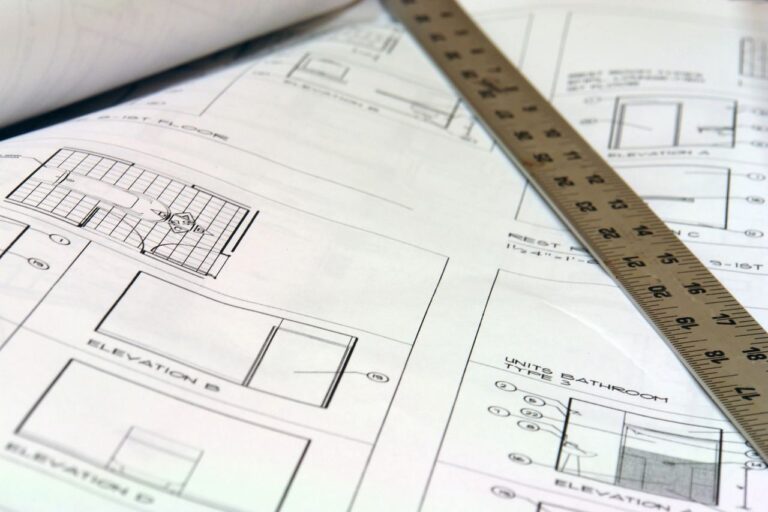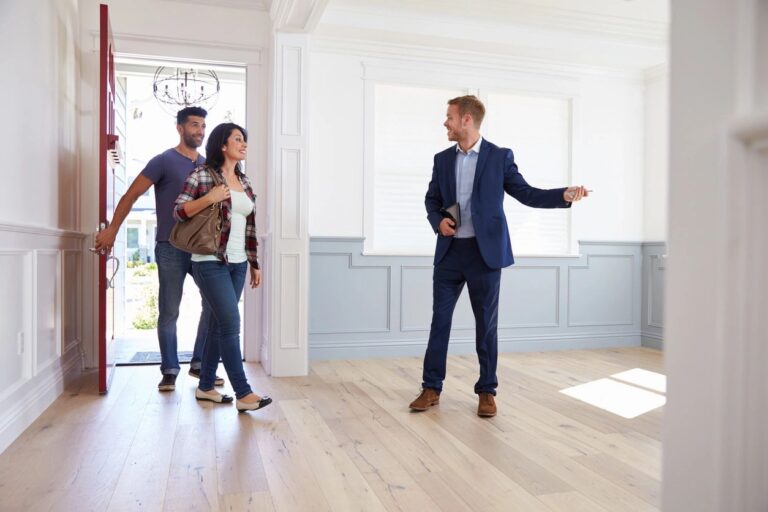How To Buy A Second Property [2026 Guide]
Thinking about buying an investment property? Whether you want to buy a second home to rent out or you’re just starting as a property investor, it can feel exciting, but also a bit overwhelming. To help you begin the right way, here’s what you should know about buying an investment property.
Step 1. Set Your Budget & Goals
Before you start looking at houses, figure out your budget and your goal. Knowing how much you can spend helps you stay on track and shows what kind of home loan you’ll need and how much your monthly payments will be.
Decide Your Purchase Price Range
Find out the most money you can borrow. Talk to a mortgage broker or home loan expert to compare loans for second homes and interest-only loans.
Try to keep your loan-to-value ratio (how much you borrow compared to your property’s value) below 80%. This helps you avoid paying extra for Lenders’ Mortgage Insurance (LMI). You can also look into getting an offset account to help you pay less interest on your loan.
Plan Your Deposit Size
Try to save at least a 20% deposit. If your deposit is smaller than that, you’ll have to pay extra for something called Lenders’ Mortgage Insurance (LMI).
If you already own a home and it’s gone up in value, you could use that equity to help. A cash-out home loan or a home equity line of credit lets you use some of your home’s value without needing a second mortgage.
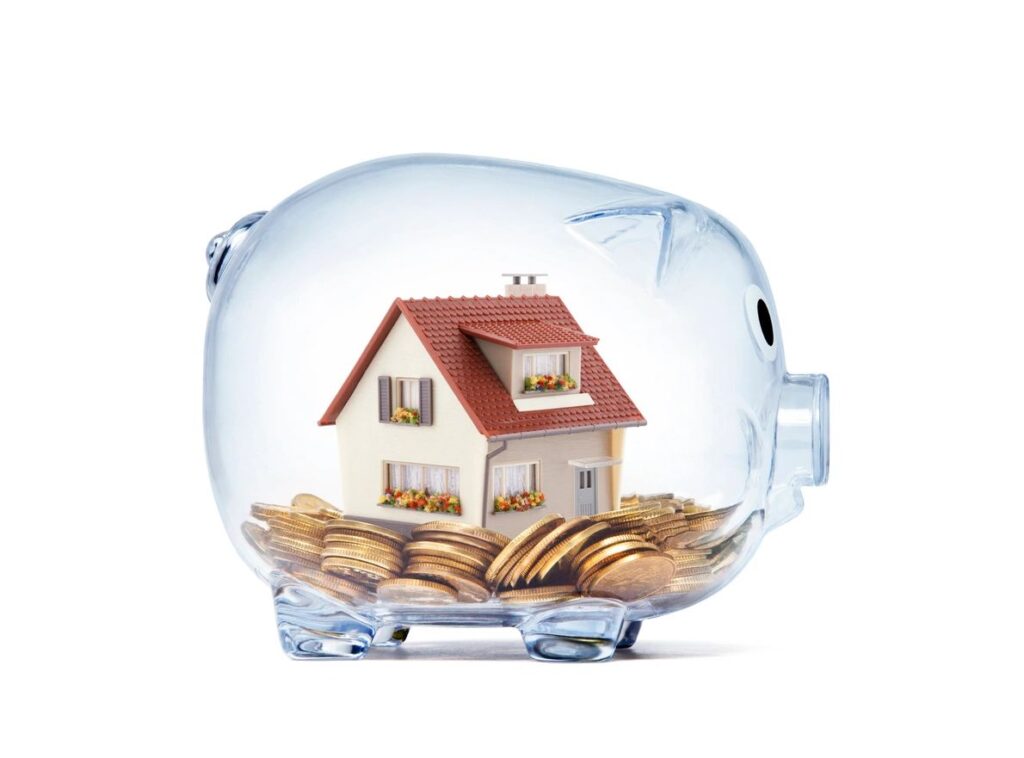
Choose Your Goal:
If you want to earn money by renting out your property, look for suburbs that have strong rental returns and are growing in value. Don’t forget to include costs like property management fees, insurance, and property taxes. You can also ask a property manager for a rental estimate letter to see how much rent you might get.
If you’re buying a holiday home, think about lifestyle instead, like being close to the river, local cafés, and making sure the home is safe. No matter your goal, plan how this second home will fit into your overall property plans.
Investing In A Family Haven
If your adult kids still live at home or your elderly parents are finding rent too expensive, you could buy an investment property and rent it to them.
When choosing a place, think about what most renters would want, like being close to public transport, schools, and jobs. That way, the property will appeal to more people in the future.
Planning Now For Future Retirement
You could also buy a second home in the place where you’d like to retire one day and rent it out to someone else until you’re ready to live there.
These kinds of second homes can count as investments for tax purposes. That means you can claim some of the costs of owning the property, like your home loan interest, to reduce the amount of tax you pay. This is called negative gearing.
But if you sell a property that isn’t your main home, you’ll have to pay capital gains tax. It’s a good idea to learn about all your options so you can decide if buying a second home is the right move for you.
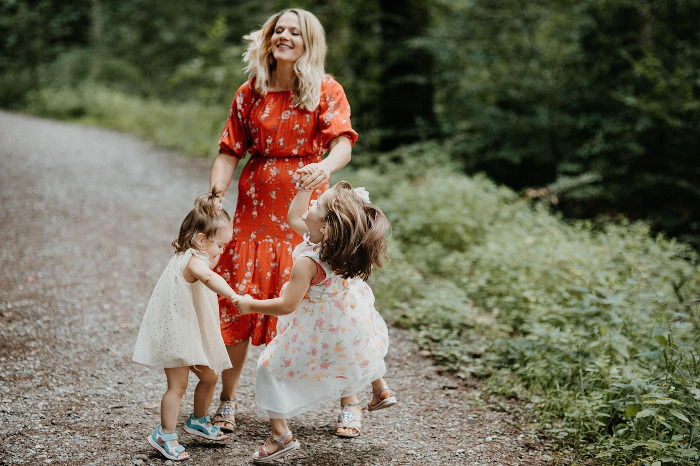
Buying A Second Home As An Investment
Buying a second home can be a great way to start investing in property because you already know what it’s like to buy and own a home. When choosing an investment property, make sure it’s something you can afford and in an area that renters will find attractive.
If this is your first time buying an investment property, check out our beginner’s guide. It explains the main steps; setting your goals, making a plan, understanding the costs, and learning how to apply for an investment loan.
One of the most important things to think about is rental return, also called rental yield. This means how much money you make from rent compared to how much the property costs to own. It helps you see whether the investment is worth it.
Buying A Second Home As A Holiday Home
Buying a second home isn’t just about investing, you might want to get a holiday home for yourself.
A holiday home can be a great idea if you want a place to relax while also having the option to rent it out during busy holiday seasons or when you’re not using it. But remember, you’ll have to cover the costs of two home loans, and there might be times when you don’t earn any rent if no one books your holiday home.
It’s also important to think carefully about where your holiday home is. If it’s far from where you live, like in another state, you’ll need to plan for travel and for someone to help take care of it. Regular maintenance helps prevent damage and saves you money over time. You should also think about the area’s future, how it might grow, and whether it’s somewhere you’ll keep wanting to visit for years to come.
Once you’ve thought about the location and worked out your budget, you can talk to a buyer’s agent who can help you find the perfect second home!
Step 2. Secure Finance Pre-Approval
Getting pre-approval is the first smart step when buying a second home. It shows how much money you can borrow and tells real estate agents and sellers that you’re serious about buying.
- Meet a mortgage broker or lender: Compare home loan options, second home loans, and features like interest-only loans or offset accounts. A broker can also help you see if you can use the value (equity) in your first home to increase your deposit.
- Gather your paperwork: You’ll need payslips, bank statements, tax returns, and details of any loans you already have. Lenders use these to figure out how much you can afford to borrow and what your loan-to-value ratio (LVR) will be.
- Keep your LVR under 80%: If you borrow more than 80% of the home’s value, you’ll have to pay extra for Lenders’ Mortgage Insurance (LMI). If your deposit is smaller, ask about those costs early.
- Pick your loan type: You can choose between principal and interest (where you pay off both the loan and interest) or interest-only (where you just pay the interest for a while). Interest-only loans can help if you’re planning to rent out the property.
- Final approval: Once everything’s approved, the lender gives you a letter showing your borrowing limit. That letter becomes your spending cap — and proves you’re ready to buy.
Getting pre-approval makes the buying process faster and helps you feel confident when bidding at auctions or making an offer. Always get pre-approval before you start house hunting.
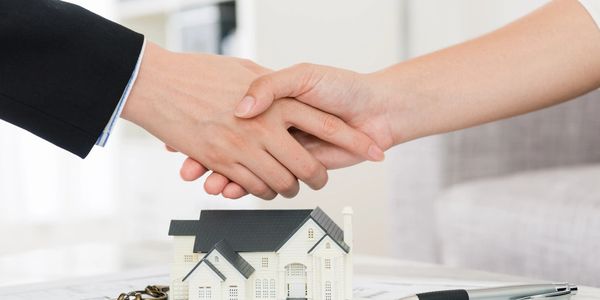
Step 3. Engage Your Team
Buying a second home isn’t just about signing papers, you’ll need the right experts to help with the legal, money, and property tasks.
Buyer’s Agent: Great for when you don’t have much time or don’t know the area well. They help you find good properties (even ones not listed online), give advice on suburbs, check market prices, and negotiate for you.
Conveyancer or Property Lawyer: They handle the legal stuff, like checking the contract, making sure the property title is clear, and working out things like stamp duty and land tax. They also deal with the state to make sure the property is officially in your name.
Property Manager: If your second home is an investment property, a property manager looks after it for you. They find and screen tenants, do inspections, organise repairs, and make sure rent gets paid on time.
Mortgage Broker: Keep your broker updated , they make sure your loan paperwork and valuations are ready so the purchase can go smoothly.
When you have a good team of professionals helping you, everything runs more smoothly, from signing the contract to getting the keys to your new home.
Step 4. Check Special Approvals
Buying a second home comes with a few extra legal steps you need to know about before you sign anything.
For foreign buyers: You need approval from the FIRB (Foreign Investment Review Board) first. You’ll also have to pay an extra fee called the Foreign Acquirer Duty (AFAD), which is 8% of the property’s price, and it must be paid before you buy.
For all buyers: There are no discounts on stamp duty or land tax for second homes. You’ll have to pay the full amount for both, so make sure to include these costs in your budget and loan plans.
Talk to your buyer’s agent to work out the exact costs so you don’t get any surprises when it’s time to settle the purchase.
Step 5. Search & Shortlist
Now that your pre-approval and other approvals are ready, it’s time to start looking for the right property.
- Search online: Use websites like Domain, or Realestate, to find suburbs and homes that match what you’re after.
- Talk to local agents: Register with real estate agents so they can tell you about off-market or “coming soon” homes before others see them.
- Visit open homes: Walk through properties to get a feel for the neighbourhood, check how safe they are, and see if they need much maintenance.
- Pick the right area: If you want rental income, look for suburbs with rental returns of 4% or higher. If you want a holiday home, choose relaxing spots near rivers, parks, or cafés that don’t need a lot of upkeep.
- Make a shortlist: Choose about 5–7 homes you really like and visit them at different times, like weekday mornings and weekend afternoon, to check for noise, traffic, or other issues.
Keeping your list short and focused helps you stay organised and ready to make strong offers.
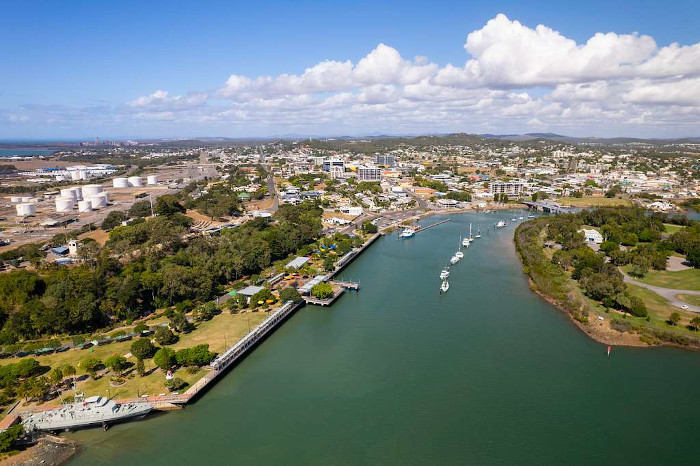
Step 6. Make Your Offer
When you’re ready to buy, you can make your offer in two main ways; private treaty or auction and each works a little differently.
Private treaty: You send your written offer. If it’s accepted, you’ll pay a deposit of about 5–10% into the seller’s trust account. You’ll also get a five-business-day cooling-off period, which means you can change your mind, but you’ll have to pay about 0.25% of the property’s price if you do.
Auction: You must register beforehand with your ID and pre-approval letter, then bid in person or online on auction day. If you win, there’s no cooling-off period, and you’ll need to pay about 10% of the price right away. A buyers agent can also help with this.
Being organised and ready with your documents helps your offer stand out when buying your second home.
Step 7. Finalise Finance & Sign
Once your offer is accepted, you’ll need to work with your mortgage broker to meet any lender requirements, like giving updated payslips or getting a property valuation. You’ll also meet your conveyancer to sign the loan papers, mortgage documents, and pay your deposit when the contracts are exchanged.
After that, your broker will finalise the loan, and your conveyancer will handle things like title searches, stamp duty, and other fees.
On settlement day, the remaining money, duty, and fees are paid, the property title is transferred into your name and you get the keys!
That’s the moment your second home officially becomes yours.
What You Need To Consider
Most people only think about the main cost of a second home, the new mortgage.
But there are other expenses too, like stamp duty, legal fees, and surprise costs you might not expect. That’s why it’s smart to keep a cash buffer that can cover 6 to 12 months of expenses, just in case something unexpected happens.

Rental Returns, Capital Gains And Tax Deductions
The main reason people buy an investment property is to build their wealth and earn extra money without working for it all the time. Here are some of the money benefits of buying a second home and renting out your first one:
Rental Returns
Your investment property can earn you rent each month. If the rent you earn is more than what it costs to own and maintain the property, including loan repayments, it’s called being positively geared, which means you’re making a profit.
If your plan is to buy a positively geared property, make sure the rent you’ll get each month will actually cover your costs.
If the rent doesn’t cover your costs, think about whether the property might still go up in value over time. If it’s likely to grow in value, you could make money when you sell it later. But if it won’t earn enough rent or increase in value, it might not be a smart investment.
Capital Gains Over Time And Tax-Free Status
If you’re planning to sell your first home in the future, it’s smart to check how property values in your area have been growing. If your home keeps increasing in value over time, you could make a profit when you sell, this is called a capital gain.
Usually, your main home doesn’t get taxed on those profits. Even if you move out and rent it out, you can still treat it as your main home for up to six years for tax purposes. It’s best to talk to a tax adviser to understand what rules apply to you.
Just remember, past price increases don’t always mean they’ll keep going up the same way in the future.
Tax Deductions
You might be able to claim some tax deductions for your rental property. For example, you can often claim the interest you pay on your home loan and some of the costs of looking after and maintaining the property.
Decide If Your Home Has Rental Appeal
You might love your home, but will renters feel the same way? Talk to a local property manager about how to make your home more appealing to tenants. Here are some good questions to ask:
- Is your home in an area where people want to rent?
- Will it be easy to find and keep good tenants?
- Is it close to public transport, shops, and other useful places?
- Does it have any issues or quirks that might turn renters away?
- Does it need any repairs or upgrades to make it ready to rent?
Property Investment Costs And Other Things To Consider
When you buy a second home and plan to rent out your first one, there are extra costs you’ll need to think about. Your rent might cover some of them, but it’s smart to have extra money saved or a steady positive cash flow just in case.
Here are some costs to keep in mind:
- Rent shortfall: If your loan payments and property costs are higher than your rental income, you’ll need to cover the difference.
- Empty periods: If your home is empty for a while, you’ll still need to pay the mortgage, so make sure you have savings for that.
- Maintenance: Every property needs upkeep. Plan for regular maintenance, emergency repairs, or even renovations.
- Bills: As the owner, you’re still responsible for some bills, like water, council rates, and strata fees (if it’s an apartment).
- Insurance: You might need landlord insurance to protect your property and cover things like building damage or liability.
- Real estate fees: If you hire a property manager, you’ll pay fees for them to handle rent, tenants, and maintenance.
- Loan rate changes: If your home loan has a variable rate, be ready in case interest rates go up.
- Life changes: Think about whether you could still afford repayments if your income or personal situation changes.
Having a cash buffer helps you stay prepared for any of these surprises.
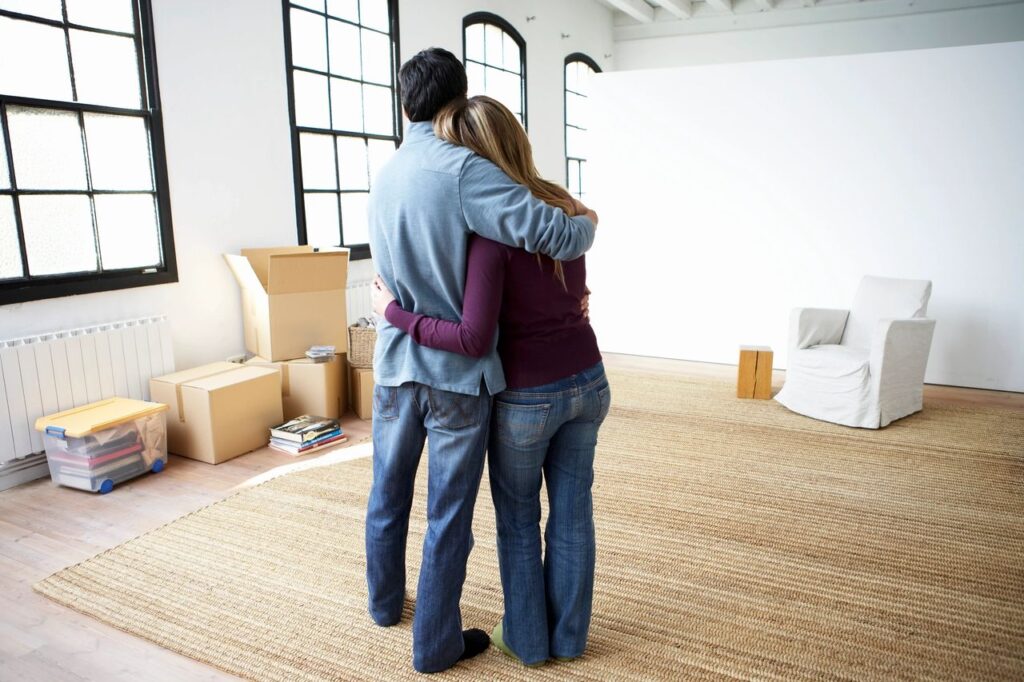
Home Loan Repayments And Home Equity
If you rent out your first home and buy another property, you might need a new home loan. If your first home has gone up in value, you can use that extra value (called equity) to help secure the new loan.
How much you can borrow will depend on a few things:
- Your equity: How much of your first home you already own.
- Your income: Whether you can afford to pay both your current home loan and the new one.
- Loan size vs. property value: How the total amount you owe compares to what your properties are worth.
The Potential Of Your First Home’s Equity
Equity is the difference between what your home is worth and how much you still owe on your home loan.
If you’ve paid off part of your loan and your home has gone up in value, you’ve built equity. You can use that equity instead of a cash deposit when buying a second property.
The more usable equity you have in your first home, the more you might be able to borrow for your second home, as long as the bank believes you can afford the extra repayments.
Your Borrowing Costs May Be Higher
Another thing to think about is how you’ll set up your loans for both properties.
Home loans for investment properties usually have higher interest rates than loans for homes you live in. That’s why it’s important to talk to your lender about the best way to structure your loans, especially if you’re keeping your first home as an investment property. They can also help you figure out the best way to use the equity in your first home to help pay for your second one.
Buying Interstate
When people buy an investment property, they often look close to home because they know the area well and can easily visit or manage the property. That makes sense, but it also means they might miss out on other places that could grow faster in value or have higher rental demand.
If you want to look further away or even in another state, it’s not practical to visit every area in person. Instead, do your research, check things like property prices, rental growth, capital growth, population trends, and job opportunities. This helps you understand who might want to rent there and whether it’s a good investment.
If you’re buying in another state, remember that taxes and fees can be different. You’ll need to pay stamp duty and cover other costs, so make sure you include these in your budget before buying.
Managing a property far from home can be tricky, but you can make it easier by hiring experts:
- Buyer’s agent: Helps you find properties that fit your budget and can negotiate or bid for you.
- Conveyancer: Explains local fees and taxes and handles the legal side of buying.
- Property manager: Looks after the property, finds tenants, collects rent, and handles problems.
Getting professional help can make the whole process smoother and save you from having to travel back and forth between states.
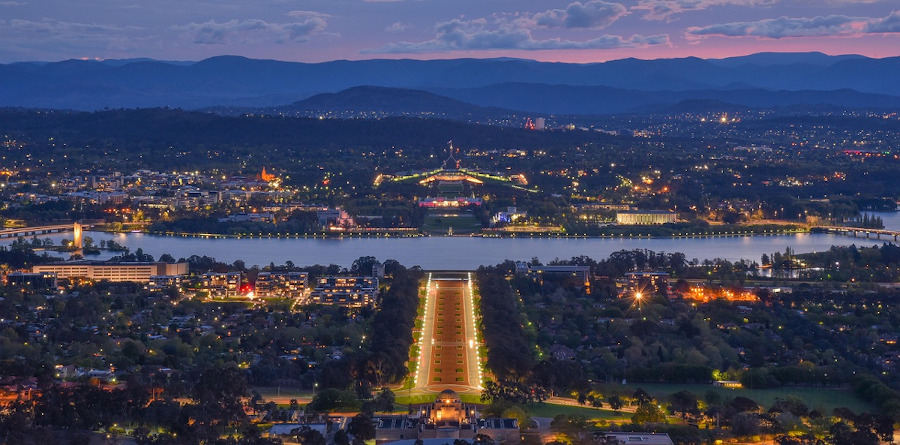
Buying Outside Of Capital Cities
If you want to take advantage of rising property prices and less buyer competition, you might want to look at regional areas. But keep in mind that, over time, capital cities usually have higher property prices and more steady growth than regional towns.
If your goal is to earn more from rent, regional areas can be a good choice. Homes there often have higher rental yields, meaning you earn more rent compared to what the property costs. That’s why many investors find regional areas appealing.
However, even though the yield is higher, the actual rent amounts in regional areas are usually lower than in big cities. It’s important to think about this when deciding where to buy.
Also, more people are moving to regional areas because city living is expensive, which could increase rental demand. But regional properties can sometimes stay empty for longer between tenants, so you’ll need to plan for that risk too.
Financing Options For A Second Property
As we’ve mentioned before, there are a few different ways you can choose to finance your property purchase.
1) Refinancing For Equity Release
This means getting a new home loan that’s bigger than what you still owe on your current one. The extra money you borrow can then be used as a deposit for your new property.
2) Low-Deposit Home Loans
Some lenders let you get a low-deposit home loan, which means you can borrow up to 95% of the property’s value. This can help you buy your second home sooner, but there are a few downsides. These loans usually have higher interest rates, so your monthly payments will cost more. And if you borrow more than 80%, you’ll have to pay Lenders’ Mortgage Insurance (LMI), which can be quite expensive.
You should also think about how much the loan will cost you overall. Even if the interest rate looks low, paying it off over 25–30 years means you’ll still pay a lot in interest. Whatever you decide, it’s a good idea to talk to a financial expert before making a final choice.
Benefits Of Using Precision Property Buyers For Second Property Purchases
Buying a second home is a big financial decision, so it’s smart to get professional advice from a buyer’s agent before you decide.
Don’t hesitate to reach out to Precision Property Buyers, we can guide you through the process and help you find the perfect property for your second home.
FAQs
How Do I Estimate The Rental Income For My First Property?
Check local rental listings or ask a buyer’s agent to give you an estimate of how much rent the property could earn.
What Happens If My Rental Income Doesn’t Cover The Second Mortgage?
If your rent doesn’t cover all your costs, you’ll be negatively geared, which means you’ll need to pay the difference yourself. But the property might go up in value over time, and you could get some tax benefits to help balance things out. You could also look at options like interest-only loans or using an offset account to manage your money better.
Can I Live In My Investment Property?
You can live in your investment property and your family can too unless you bought it through a Self-Managed Super Fund (SMSF).
If your property is owned by an SMSF, there are strict rules that say no one in your family can live there, even as a tenant or for a short holiday stay.
How Much Of A Deposit Do I Need To Buy A Second House?
When buying a second home, most lenders want you to have at least a 20% deposit. This keeps your loan-to-value ratio (LVR) below 80%, which helps you avoid paying Lenders’ Mortgage Insurance (LMI).
You can still buy with a smaller deposit (around 5–10%) but you’ll have to pay LMI to cover the extra risk.
How Much Equity Should You Have Before Buying A Second Home?
Try to have at least 20% equity in your current home. That way, you can use it through a cash-out home loan or a home equity line of credit (HELOC) to help pay your deposit. This also keeps your new loan’s LVR (loan-to-value ratio) below 80%.
Having extra equity can also help you cover stamp duty, fees, and any surprise costs that come up.
How To Buy A Second Home Without Selling The First In Australia?
You can refinance your first home to access some of its value (called equity) using a cash-out loan or a home equity line of credit. That money can then be used as the deposit for your second property.
Make sure both loans are set up properly so you can afford the repayments and don’t need to use bridging finance, which can be more expensive.
Where Is The Best Place To Invest In Brisbane Under $500,000?
If you’re working with a smaller budget, check out units or townhouses in growing areas like Logan, Ipswich, or Redcliffe. Homes in these suburbs often cost under $500,000, have rental returns of around 4% or more, and attract strong rental demand, great if you’re buying a second home as an investment.
What Is The Downside To A Second Mortgage?
A second mortgage means you’ll owe more money overall and have higher monthly repayments. It can also have a higher interest rate and is considered less important than your first mortgage if you can’t make your payments.
It also uses up some of the equity in your first home, which means you’ll have less financial flexibility when buying your second property.
What Is The Second Home Buyers Grant In Australia?
Unlike first-home buyers, there’s no special grant or stamp duty discount for people buying a second home. Everyone buying a second property has to pay the full stamp duty (also called transfer duty) and land tax, and there aren’t any extra government benefits for it.

